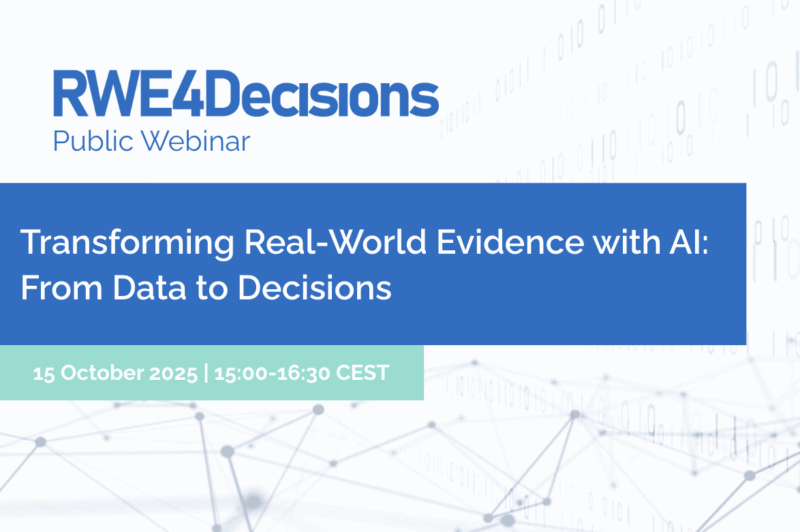
Background
As artificial intelligence (AI) continues to transform healthcare, its integration into the analysis of real-world data (RWD) and the generation of real-world evidence (RWE) is reshaping how decisions are made across the health ecosystem.
Health Technology Assessment (HTA) and Payer bodies are increasingly recognising the potential of AI to enhance evidence generation, looking at how tools could be adopted to enhance the efficiency, accuracy, and scope of their evaluations. The UK’s National Institute for Health and Care Excellence (NICE) and Canada’s Drug Agency (CDA, formerly CADTH) have both released position statements that outline principles for the responsible use of AI in health technology assessments. These frameworks emphasise key pillars such as transparency, reproducibility, and the need for robust validation – especially when AI informs regulatory or reimbursement decisions.
Pharmaceutical companies are also leading this transformation, leveraging AI to streamline and strengthen evidence generation for HTA submissions. Applications include automating systematic literature reviews, optimising clinical trial design through predictive modelling, and enhancing patient selection. In the realm of RWE, AI is used to analyse unstructured data from electronic health records and clinical notes, uncovering insights into treatment effectiveness and patient outcomes. Additionally, AI supports the development of health economic models by structuring simulations and validating them against real-world data.
This RWE4Decisions webinar will spotlight these evolving dynamics and foster dialogue among diverse stakeholders. It aims to explore how technological innovation can be aligned with the needs and values of patients, clinicians, and decision-makers alike.
Co-moderated by:
-
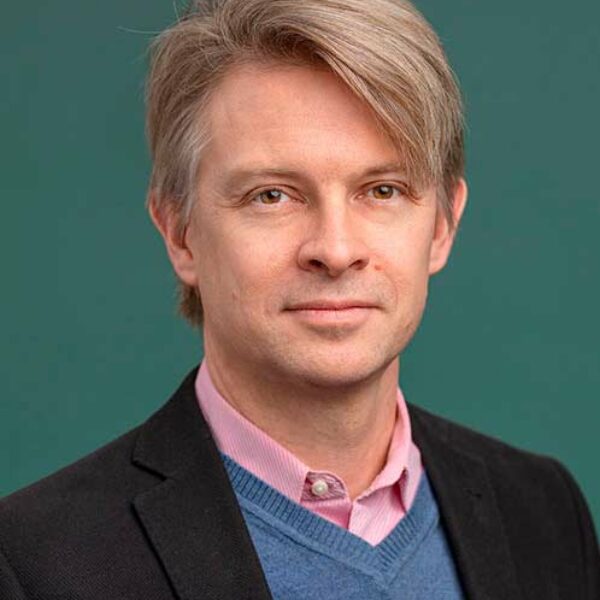 Niklas HedbergChief Pharmacist, TLV; Co-Chair of the HTA Coordination GroupNiklas Hedberg is the Chief Pharmacist at the Swedish national governmental authority, the Dental and Pharmaceuticals Benefits Agency (TLV). Niklas is the Chair of the Consortium Executive Board for EUnetHTA21. He was the Chair of the EUnetHTA Executive Board between 2018 and 2021. Niklas has been working with pricing and reimbursement since 2001. He has held positions as medical assessor and project leader; Head of the Department for New Submissions (between 2009 and 2014) and he is now the chief pharmacist. Niklas has a broad experience of different aspects of value-based evaluation and over time has seen the increasing importance for health technology assessment (HTA) both across health care systems and on local level to prepare accurate decision making. Among Niklas’ special interests have been the early development of joint scientific advice in 2009 an onward (pilots both nationally with MPA and on European level with EMA) and strategic discussions about RWD.
Niklas HedbergChief Pharmacist, TLV; Co-Chair of the HTA Coordination GroupNiklas Hedberg is the Chief Pharmacist at the Swedish national governmental authority, the Dental and Pharmaceuticals Benefits Agency (TLV). Niklas is the Chair of the Consortium Executive Board for EUnetHTA21. He was the Chair of the EUnetHTA Executive Board between 2018 and 2021. Niklas has been working with pricing and reimbursement since 2001. He has held positions as medical assessor and project leader; Head of the Department for New Submissions (between 2009 and 2014) and he is now the chief pharmacist. Niklas has a broad experience of different aspects of value-based evaluation and over time has seen the increasing importance for health technology assessment (HTA) both across health care systems and on local level to prepare accurate decision making. Among Niklas’ special interests have been the early development of joint scientific advice in 2009 an onward (pilots both nationally with MPA and on European level with EMA) and strategic discussions about RWD.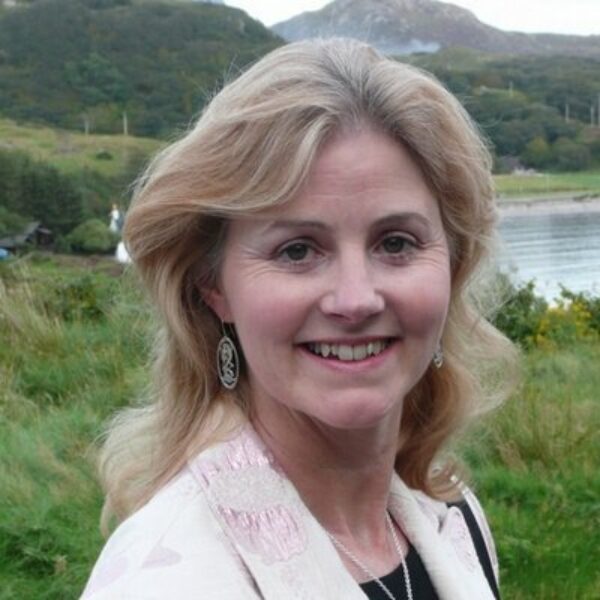 Karen FaceySenior Advisor HTA, FIPRA / RWE4Decisions FacilitatorKaren Facey worked as a statistician in the pharmaceutical sector and UK medicines regulation, before becoming founding Chief Executive of the first national HTA agency in Scotland. Since 2003, Karen has been an independent consultant on health policy, HTA and patient involvement. She is passionate about holistic HTA to determine value and use of health service data to improve patient care. Karen is lead co-author of the paper on ‘RWE to Support Payer/HTA Decisions about Highly Innovative Technologies in the EU – Actions for Stakeholders’. She has just completed EC-funded research in the IMPACT HTA project developing tools to support OBMEA.
Karen FaceySenior Advisor HTA, FIPRA / RWE4Decisions FacilitatorKaren Facey worked as a statistician in the pharmaceutical sector and UK medicines regulation, before becoming founding Chief Executive of the first national HTA agency in Scotland. Since 2003, Karen has been an independent consultant on health policy, HTA and patient involvement. She is passionate about holistic HTA to determine value and use of health service data to improve patient care. Karen is lead co-author of the paper on ‘RWE to Support Payer/HTA Decisions about Highly Innovative Technologies in the EU – Actions for Stakeholders’. She has just completed EC-funded research in the IMPACT HTA project developing tools to support OBMEA.
Keynote Speakers:
-
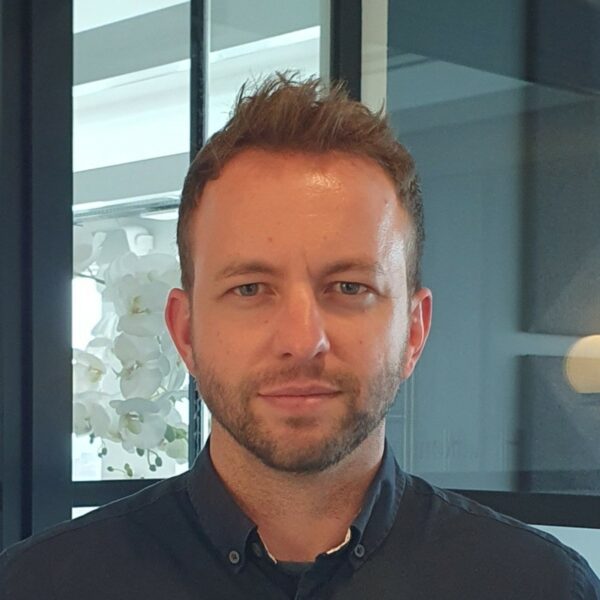 Stephen DuffieldAssociate Director Real-World Evidence Methods, NICE
Stephen DuffieldAssociate Director Real-World Evidence Methods, NICE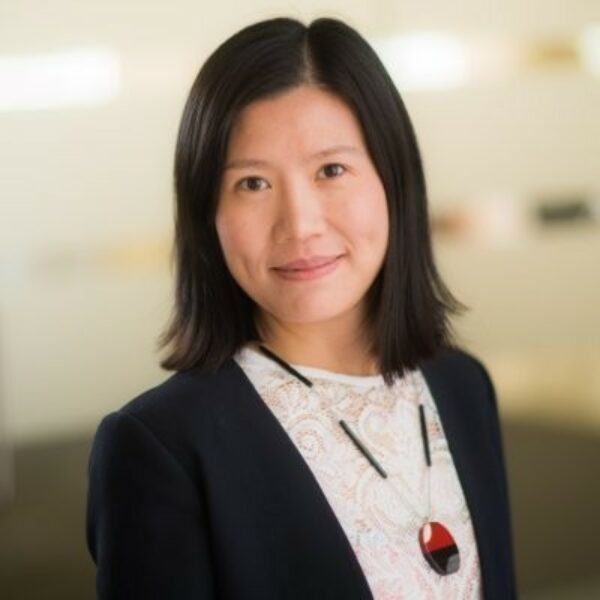 Jing Wang-SilvantoSenior Director, HEOR Oncology, AstellasJing Wang-Silvanto is Senior Director and Head of Value Evidence Excellence and Precision Medicine at Astellas, where she has been working since 2019. She is the co-lead of EFPIA Integrated Evidence Generation and Use (IEGU) group Health Technology Assessment (HTA) team, focusing on optimising value of real world evidence for decision makers; she is also a champion in applying artificial intelligence in healthcare. Prior to her current position, Jing has worked at BMS, GSK, Novartis, and Otsuka in health economics, real world evidence, and market access functions, leading global, European and UK teams. Jing has obtained a PhD in Health Economics and Health Sciences from University of York.
Jing Wang-SilvantoSenior Director, HEOR Oncology, AstellasJing Wang-Silvanto is Senior Director and Head of Value Evidence Excellence and Precision Medicine at Astellas, where she has been working since 2019. She is the co-lead of EFPIA Integrated Evidence Generation and Use (IEGU) group Health Technology Assessment (HTA) team, focusing on optimising value of real world evidence for decision makers; she is also a champion in applying artificial intelligence in healthcare. Prior to her current position, Jing has worked at BMS, GSK, Novartis, and Otsuka in health economics, real world evidence, and market access functions, leading global, European and UK teams. Jing has obtained a PhD in Health Economics and Health Sciences from University of York.
Panellists:
-
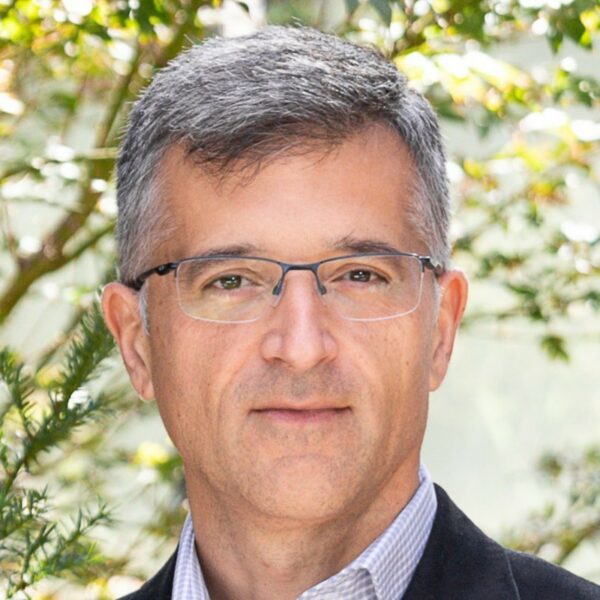 Julián IslaMember, Committee for Orphan Medicinal Products, European Medicines Agency; Data and AI Resource Manager, MicrosoftJulian Isla is the Chief Scientific Officer of the European Dravet Syndrome Federation, and European organization of patients with Dravet Syndrome. Julian Isla founded Dravet Syndrome Foundation seven years ago. Dravet Syndrome Foundation is committed to find new treatment for Dravet Syndrome, an epileptic encephalopathy having long lasting seizures refractory to treatment as severe developmental delay as main symptoms. Julian is the father of Sergio, a young boy six years old who has Dravet Syndrome. Julian is software engineer by training and he works for Microsoft as full time employee. Despite of not having a neuroscience or medical background he gained the skills to be part of the Orphan Drug Committee at European Medicines Agency (EMA) as patient representative. Julian is also part of the Therapeutic Advisory Group for Eurordis, the biggest organization of rare diseases in Europe. In Spain he is ambassador of the Spanish Rare Diseases Federation and member of Ciberer (Spanish Network for research on rare diseases) scientific advisory group”.
Julián IslaMember, Committee for Orphan Medicinal Products, European Medicines Agency; Data and AI Resource Manager, MicrosoftJulian Isla is the Chief Scientific Officer of the European Dravet Syndrome Federation, and European organization of patients with Dravet Syndrome. Julian Isla founded Dravet Syndrome Foundation seven years ago. Dravet Syndrome Foundation is committed to find new treatment for Dravet Syndrome, an epileptic encephalopathy having long lasting seizures refractory to treatment as severe developmental delay as main symptoms. Julian is the father of Sergio, a young boy six years old who has Dravet Syndrome. Julian is software engineer by training and he works for Microsoft as full time employee. Despite of not having a neuroscience or medical background he gained the skills to be part of the Orphan Drug Committee at European Medicines Agency (EMA) as patient representative. Julian is also part of the Therapeutic Advisory Group for Eurordis, the biggest organization of rare diseases in Europe. In Spain he is ambassador of the Spanish Rare Diseases Federation and member of Ciberer (Spanish Network for research on rare diseases) scientific advisory group”.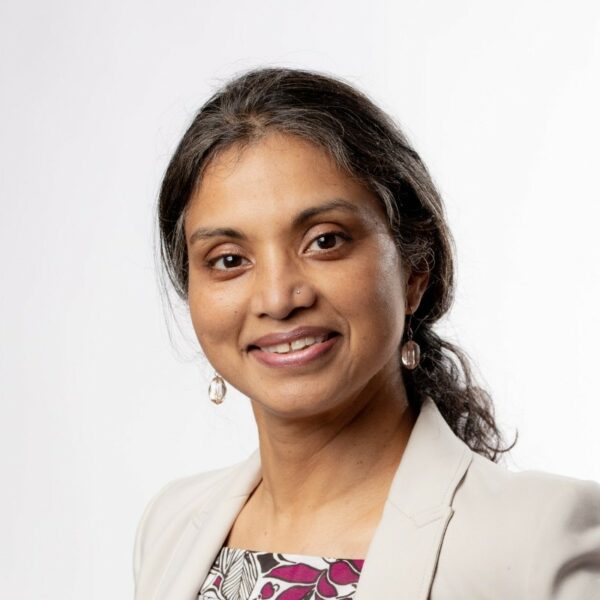 Farah HuseinDirector Science and Methods, Canada’s Drug Agency (CDA)
Farah HuseinDirector Science and Methods, Canada’s Drug Agency (CDA)